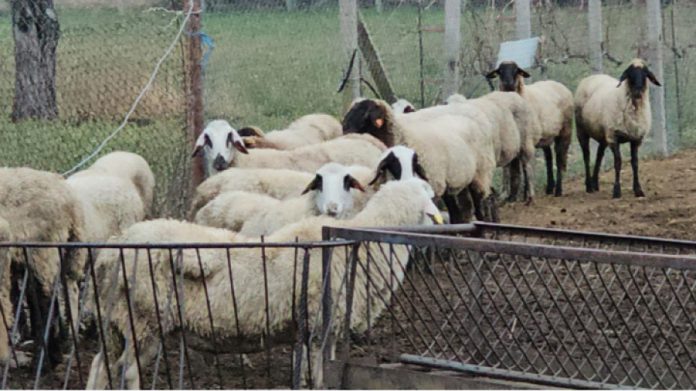A sheep plague outbreak in Bulgaria forced authorities to send animal blood samples to Montpellier, France, for testing, as farmers did not trust the government and local laboratories, according to Euractiv.
Agriculture Minister Georgi Tahov stated that Bulgarian authorities had taken hundreds of positive samples from sheep on farms near the mountain town of Velingrad, 120 kilometres from the Greek border.
We have taken over 300 samples – they are 100% positive. We have no doubt in the first samples or in the second samples. I invite the affected farmers for a talk. The animals must be euthanised.
Sheep plague was detected in three flocks of 1,760 head at five livestock facilities. According to Bulgarian and EU regulations, sheep must be culled to stop the spread of the disease. It is not dangerous to humans, even if they have eaten meat of an infected animal, but it can cause great economic damage.
A loud protest demanding that the sheep not be killed was organised outside the Agriculture Minister’s house in the town of Peshtera on Monday evening. Bulgaria also risks a ban on the transit of live animals through the country and a ban on trade in small ruminants and their products. This could deal a severe blow to Bulgarian farmers.
Several outbreaks of sheep plague in Greece and Romania have occurred in recent months, which is the main reason why Bulgaria has reintroduced disinfection at all border crossings.
The National Association of Sheep and Goat Breeders chairman, Simeon Karakolev, said that the Bulgarian Food Safety Agency did not provide any plan on how to respond to the outbreak of sheep plague.
The doctor goes to the farm and says – tomorrow we will kill the animals. The institutions do not take any preventive measures on these farms.
